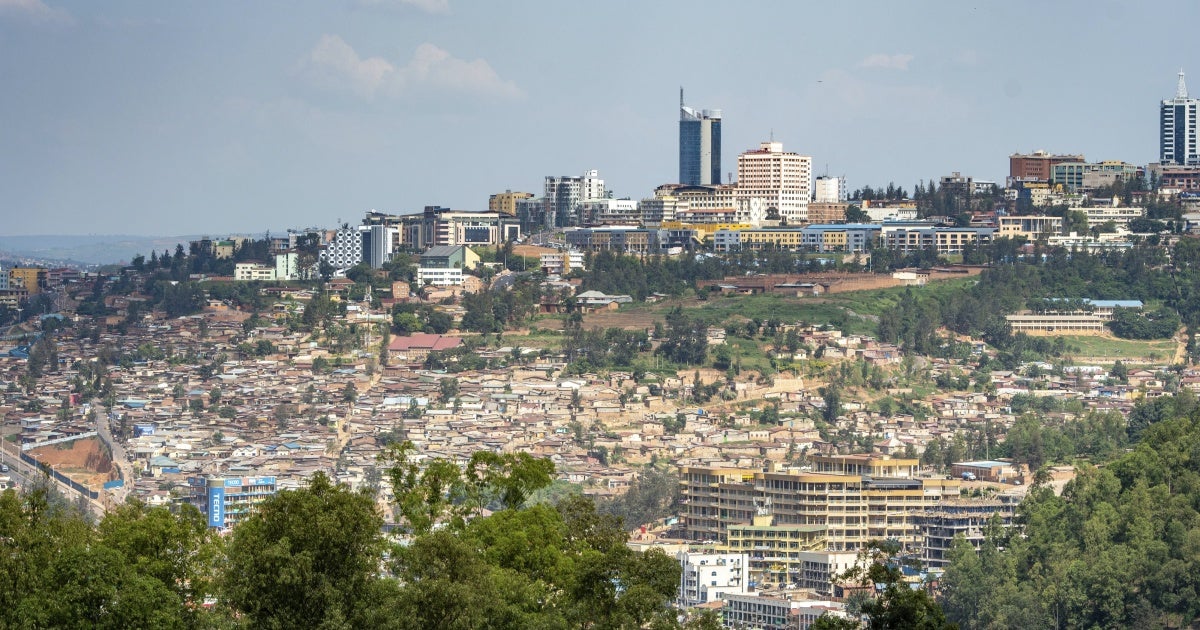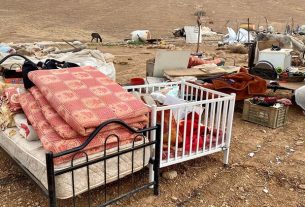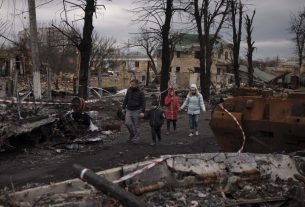The Rwandan government’s decision to block Human Rights Watch senior researcher Clémentine de Montjoye from entering the country this month was not a complete surprise. Unfortunately, the vague and unfounded allegations against de Montjoye are part of a long-running pattern from a government intolerant of anyone reviewing its human rights record.
In barring entry to de Montjoye, authorities accused her of “misrepresenting the purpose of her visit.” She had earlier written to the authorities to request meetings and informed officials at Kigali International Airport that she sought to meet with foreign diplomats. In its statement, the government was unequivocal that it will not allow Human Rights Watch to visit the country because of our reporting.
Alison Des Forges, a senior advisor at Human Rights Watch who had won the prestigious MacArthur Award for her reporting on Rwanda’s 1994 genocide, was denied entry to the country in 2008. Des Forges worked tirelessly to see justice delivered on behalf of the genocide’s victims but also sought accountability for crimes committed by forces of the ruling Rwandan Patriotic Front (RPF). At the time, Human Rights Watch was told unofficially that Des Forges was blocked due to her criticism of the RPF.
Two years later, senior researcher Carina Tertsakian was denied a work visa and forced out of the country. The government alleged anomalies in Tertsakian’s visa application despite evidence provided by Human Rights Watch to confirm the documentation’s authenticity.
I succeeded Tertsakian and was based in Rwanda from 2011 to 2015. After two years, my visa remained “in processing” for the rest of my time there. In 2014, the government issued an “assessment” of our work, calling Tertsakian and myself mouthpieces for criminal groups. The reason was our report on a spate of enforced disappearances in the country.
In 2018, I was denied entry after Human Rights Watch reported on extrajudicial killings and unlawful military detentions. Later, the authorities detained a local consultant for six days and threatened his life.
De Montjoye herself was denied access following Human Rights Watch’s report on Rwanda’s repressive measures beyond its border, which triggered hostile reactions from the authorities. Like Tertsakian, De Montjoye was denied access shortly before general elections.
The growing list of journalists and researchers barred from Rwanda should be of concern to the country’s international partners. They should also be concerned about the far greater risks taken by Rwandan human rights defenders and journalists, many of whom pay with their lives or freedom.
Blocking Human Rights Watch staff from Rwanda over the past 16 years has not stopped our work. Whether from within or outside the country, we will continue to report on the government’s human rights record.



